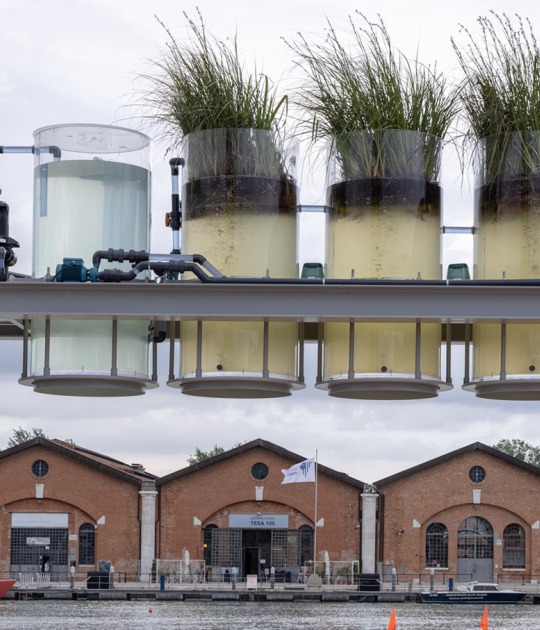
The installation by Melek Zeynep Bulut resonates deeply with the charged atmosphere of the Painted Hall and prompts reflection throughout the tour on the visitor’s connection to the history and energy of the place, serving as both a tribute to and a challenge to interpretations of space and sensory experience.
Conceived as a play of perceptions where the intensity, balance and oscillation of the structure are influenced by those who interact with it, “Duo” aligns with the London Design Festival’s mission to broaden the scope of design to reveal its profound impact on society.

Rendering of Melek Zeynep Bulut’s Duo installation at Old Royal Naval College, London Design Festival 2024.
London-based Turkish-born designer and artist Melek Zeynep Bulut will unveil her latest work, Duo, at the 2024 edition of the London Design Festival this September. The installation, located in the Painted Hall at Greenwich’s historic Old Royal Naval College, marks another bold exploration by Melek into the realms of perception, space, and sensory experience.
Known for her distinctive approach that melds art, design, and architecture, Melek’s creative process is informed by her synesthesia — a condition that causes sensory crossovers, such as tasting colours or feeling sounds — allowing her to discern sensory fields that she translates into tangible works. "First, I perceive an abstract energy field, and then I find myself shaping it,” she explains. This ability has propelled her to explore the interplay between mind and matter, creating pieces that invite audiences to become an active part of the experience.
For LDF 2024, Melek introduces Duo, an impressive suspended structure in the form of a rectangular prism, evocative of ancient architectural thresholds. Set within the cavernous and richly adorned Painted Hall, a space originally designed by Sir James Thornhill in the 18th century, Duo responds to its historical context with an avant-garde interpretation of duality and oppositional forces—such as centre and periphery, inside and outside, night and day, time and space, or simply, two people in conversation. The installation employs an interdependent system of magnets, sensors, perception-altering surfaces, and acoustic reflectors that respond dynamically to the presence of visitors.

Melek describes Duo as a “game of perception,” where the intensity, balance, and oscillation of the structure are influenced by those who engage with it. “Imagine it like our body—fundamentally not a solid mass, but a sensor. It perceives and responds to stimuli by producing sounds and has sensory receptors that allow us to feel textures, heat, and cold. Similarly, Duo conceptually treats ‘space’ as a mechanical body.”
As visitors move through the installation, miniature microphones and reflectors amplify their physical responses, animating and completing the work. “Essentially, Duo is a portal, and all my works are portals, offering spaces for dimensional transition and equilibrium.”
The installation resonates deeply with the Painted Hall's charged atmosphere—a vast space adorned with 3,700 square metres of Baroque paintings depicting over 200 kings, queens, and mythological figures.

“Energetically, I believe it serves as a space for dimensional transition, with a very high aura,” says Melek. Duo thus acts as both a homage to the historical significance of the Painted Hall and a challenge to conventional interpretations of space and experience. Melek’s previous works, such as OpenWork presented at LDF 2023, have similarly transformed abstract concepts into sensory experiences. Duo continues this trajectory, aligning with the London Design Festival’s mission to broaden the scope of design to reveal its profound impact on society.
Reflecting on her creative journey, Melek speaks of her connection to London, a city she now calls home, while still maintaining ties to Istanbul. “Creating here is immensely valuable,” she notes. “London itself is like my works: a series of spaces within spaces, stories within stories. I am delighted to be here.”






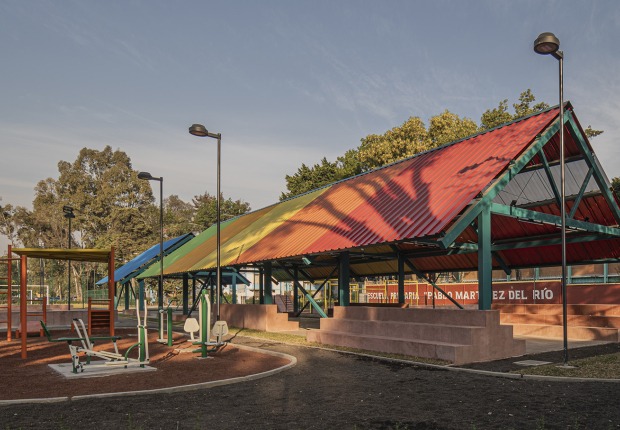
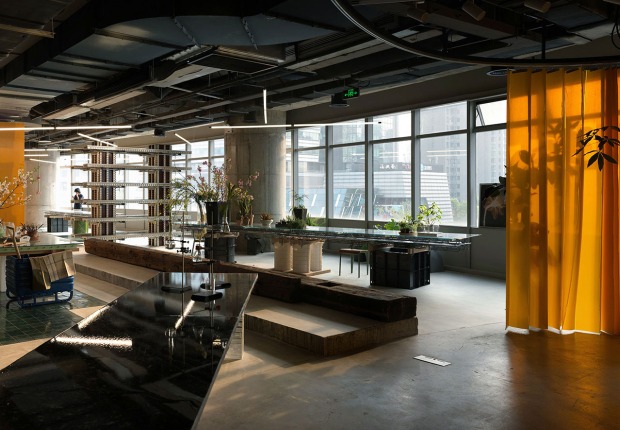
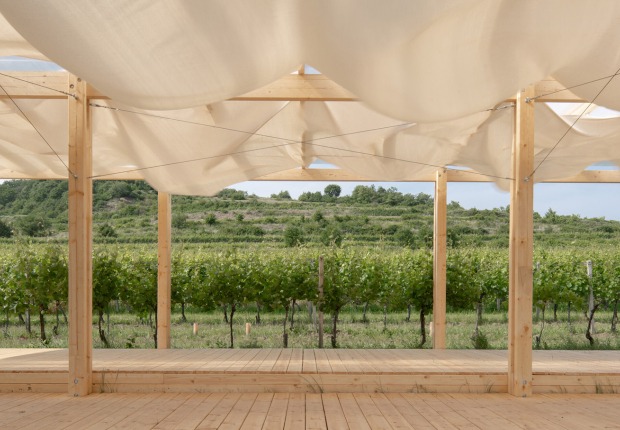

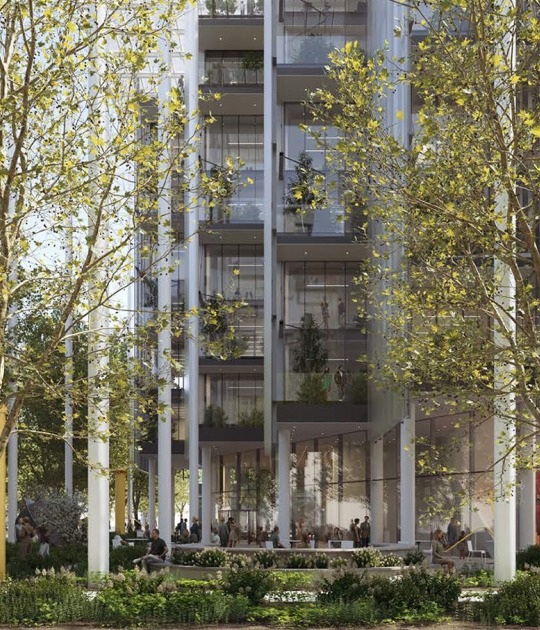

![Friedrich Kiesler, Endless House for Mary Sisler [shattered sketch sheet], New York and Florida, 1961, 21.5 x 33.4 cm, pencil on paper, mounted on cardboard. Courtesy by the Austrian Frederick and Lillian Kiesler Private Foundation, Vienna Friedrich Kiesler, Endless House for Mary Sisler [shattered sketch sheet], New York and Florida, 1961, 21.5 x 33.4 cm, pencil on paper, mounted on cardboard. Courtesy by the Austrian Frederick and Lillian Kiesler Private Foundation, Vienna](/sites/default/files/styles/mopis_home_news_category_slider_desktop/public/2025-05/metalocus_Fundacio%CC%81n-Frederick-Kiesler_03_p.jpg?h=3b4e7bc7&itok=kogQISVW)



